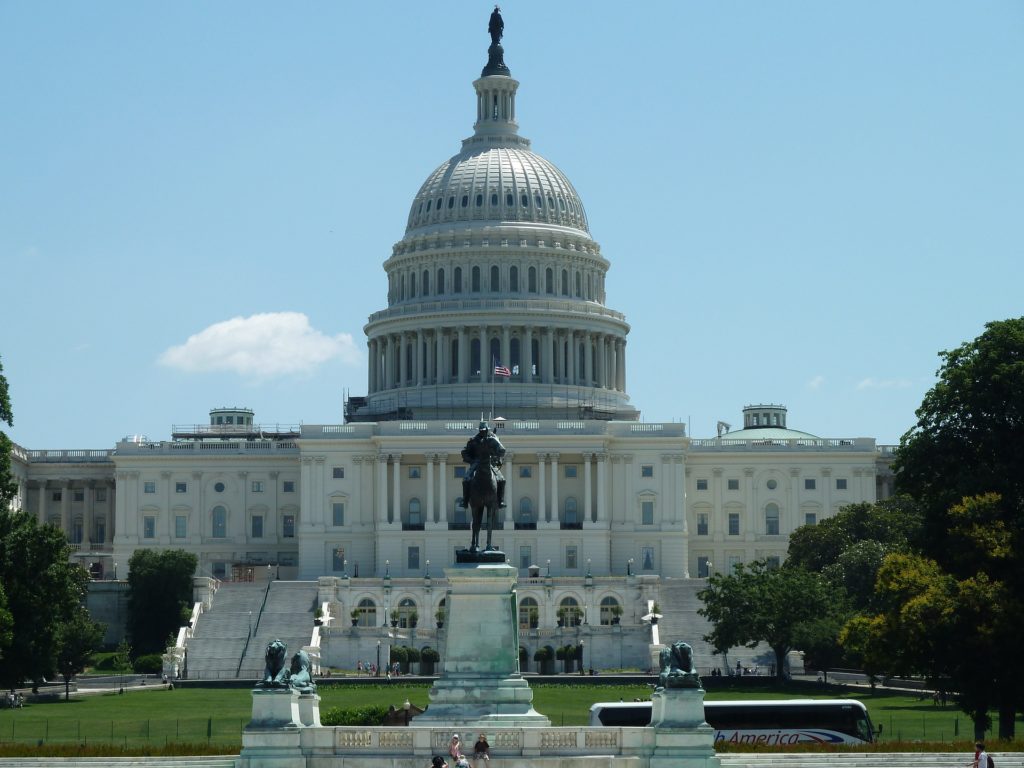The home health care industry is in a full blitz against the Home Health Groupings Model (HHGM), if the public comments on the proposal are any indication. Now, lawmakers have joined the fight, as the public comment period comes to a close on September 25.
The groupings model was proposed by the Centers for Medicare & Medicaid Services (CMS) in July as part of the prospective payment system (PPS) 2018 update, and its radical changes could upset the way home health agencies do business. And it comes at a cost—$950 million in reduced payment is estimated to occur in the first year of implementation alone, according to CMS. The model also changes the current 60-day episode of care to a 30-day period, potentially doubling paperwork for agencies.
With such a drastic cut to the industry hanging in the air, stakeholders have responded in force, and two U.S. Senators familiar with home health care issues are aligning with stakeholders.
Lawmakers jump in
After the groupings model was proposed on the Federal Register, a comment period allowed members of the public to submit responses. CMS often takes these comments in consideration, and sometimes even changes, suspends or delays proposals as a result of major industry input. Industry associations, including the National Association of Home Care & Hospice and ElevatingHome, have stressed that a major response from home health stakeholders is critical.
Sens. Marco Rubio (R-FL) and Bill Nelson (D-FL) joined the fight by penning a letter to CMS Administrator Seema Verma with several questions about the model, and asking the agency not to move forward until “affected stakeholders can fully analyze and understand the impact of the proposed changes.”
The letter is the second time in recent months that the Senators from Florida have stepped in on home health issues. In February, they wrote to Health and Human Services (HHS) Secretary Tom Price to ask for a delay in the implementation of the Pre-Claim Review Demonstration (PCR) in Florida. PCR was officially suspended in Illinois and delayed in Florida and elsewhere in late March.
Rubio and Nelson also stressed that the changes in the proposal are not budget neutral, and asks if CMS plans to provide the data it used to determine the cost estimates. The Senators stressed that CMS should work with the industry before proposing such radical changes.
Industry voices
There were more than 450 comments on the Federal Register about the rule as of Friday, September 22. Only 77 of the comments were available for public viewing on regulations.gov. Many of the commenters voiced deep concern with the model, with some citing it s a “short-sighted approach to saving Medicare dollars” that harms patients.
Commenters varied, but many stated they are caregivers, such as physical therapists and registered nurses. Industry associations also voiced their opinions.
The Partnership for Quality Home Healthcare stated it is “imperative” for CMS to withdraw the rule, which it called a “significantly flawed policy” in its comments.
While the Home Care Association of Florida (HCAF) stated it supports efforts to modernize the payment system, the association strongly opposed the model in its comments, calling HHGM “the most significant change” to the payment system since its implementation. The Home Care Association of New York State also vehemently opposed the proposal in public comments.
Still, some comments agreed that a payment reduction—which will be less than 1% for the home heath space in 2018—is a “step in the right direction.”
Written by Amy Baxter
Companies featured in this article:
CMS, ElevatingHOME, NAHC, The Partnership for Quality Home Healthcare




